Published
- 02:00 am

Meniga, a leader and pioneer in Personal Finance Management solutions, which has delivered work for some of the world’s largest banks and financial institutions, today announces that it has raised €15 million in Series D funding.
The investment round includes major European banks, Groupe BPCE and Crédito Agrícola, and the leading Icelandic VC group, Omega ehf, with participation from several existing shareholders. Total funding in Meniga to date amounts to €55 million.
Part of the capital injection will be used towards clearing existing debt, rendering Meniga almost debt-free. The funding will also be invested in the roll-out of Meniga’s new strategy, focusing on further developing its core capabilities around Data Enrichment and Hyper Personalised Insights for the financial services sector. Further to this, the new strategy emphasises the enablement of Payments capabilities for banks in the ever-growing Open Banking and Open Finance ecosystem.
Emmanuel Puga Pereira, Chief Digital Officer at Groupe BPCE, comments: "We are excited to continue our partnership with Meniga, which currently empowers the digital banking experience for our over 10 million users, and provides more than 100 million insights for our users every year. We are looking forward to seeing the firm's continued focus on enrichment as well as personalised insights. These capabilities are critical for all BPCE banks to effectively engage with their end users and we have seen firsthand how Meniga’s solution is a key component for banks to succeed.”
Sergio Raposo Frade, Executive Board Member at Crédito Agrícola, comments: “Crédito Agrícola’s investments are focused on innovative fintechs that are critical to the digitisation and future of the financial services sector. Meniga is a key part of Crédito Agrícola's innovative mobile-only banking offer moey! since 2019 and with this investment we aim to strengthen our long-term partnership with Meniga, in implementing our digital banking strategy. With Crédito Agrícola's extensive network in the Portuguese start-up ecosystem we can play an instrumental role in helping Meniga evaluate new diversification opportunities into verticals beyond banks in Portugal and abroad.”
Sigthor Sigmarsson, Director of Omega, comments: “Omega has a track record of finding and investing in successful ventures and scale-ups. We look forward to working with Meniga to achieve its focused growth strategy, based on proven products, strong international customer portfolio and seasoned leadership team.”
Meniga is a global leader in digital banking solutions, serving over 100 million banking customers across 30 countries in Europe, North America, the Middle East and Asia. Its customers include some of the most influential banks of these regions, such as UOB, UniCredit, Groupe BPCE, Crédito Agrícola, Swedbank, and Commercial Bank of Dubai.
Meniga’s new strategy, devised following the arrival of the new CEO Raj Soni in the summer of 2023, will see its product portfolio simplified, diversification into verticals beyond banks, targeting new customers in emerging markets across MEA, LatAm, Asia and creation of new operational hubs to drive growth and post-launch customer support.
Related News
- 09:00 am
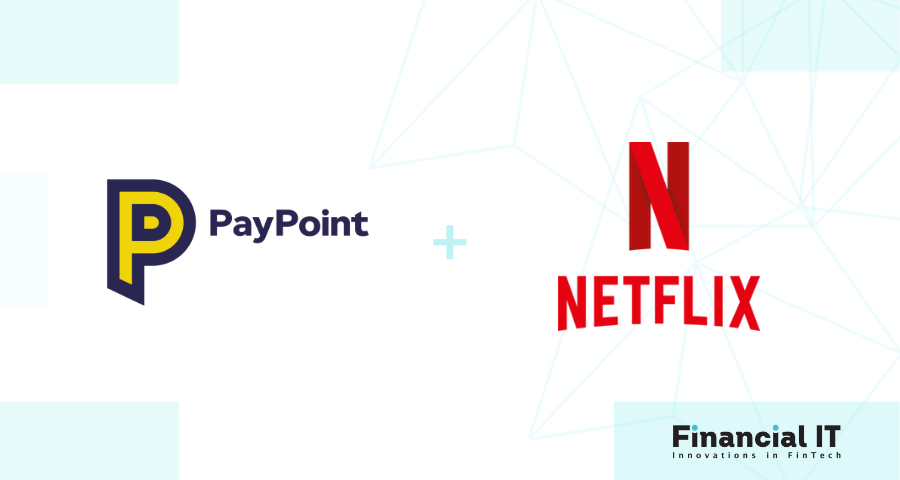
PayPoint, the UK’s leading retail payment services provider, has today announced Netflix as the newest digital voucher to be added to its range, available immediately.
PayPoint currently works with several leading brands such as Amazon, Google Play, Love2shop, PlayStation and Xbox. Today’s announcement further increases the choice of vouchers available to consumers across its network of 28,000 UK retailer partners.
PayPoint, retailers can now sell ‘pin on receipt’ vouchers for Netflix , allowing customers to top up their Netflix account using cash without the need for a debit or credit card using a simple code printed straight onto a receipt.
This also enables unbanked individuals to gift or be gifted digital Netflix vouchers, eliminating the need to upload payment details.
Netflix
Netflix is a subscription-based streaming service with over 247 million global paid memberships enjoying TV series, films and games across a wide variety of genres and languages.
Danny Vant, Managing Director – Client Services at PayPoint said: “PayPoint’s collaboration with Netflix showcases our commitment in looking for additional opportunities for retail partners to increase their revenue, while providing local shoppers to pay for a service in a manner of their choosing.”
“Paying for Netflix has never been easier, although deciding on which film to watch might still be an issue for some.”
Related News
- 02:00 am
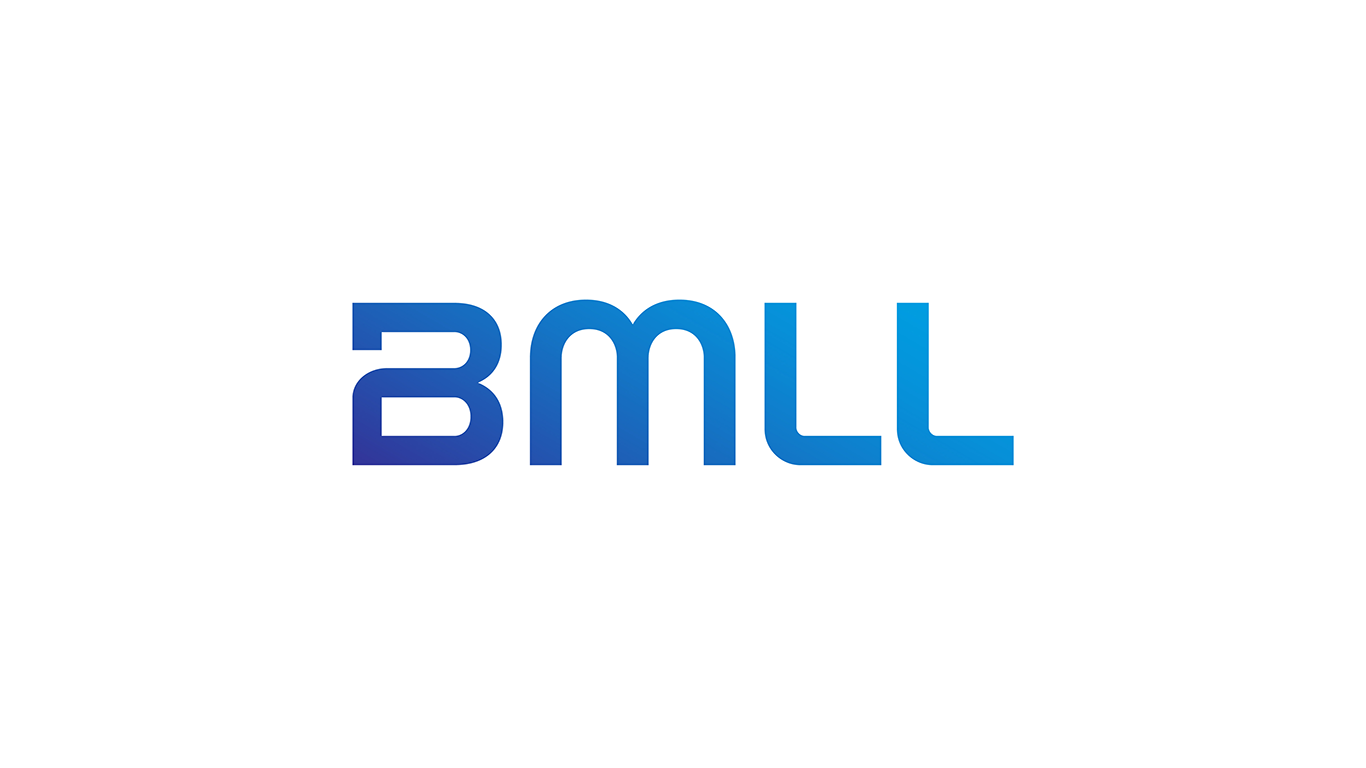
BMLL, the leading, independent provider of harmonized, historical Level 3 data and analytics across global equity, ETFs, and futures markets, today announced the expansion of their data coverage to include the Canadian market.
High-quality data is now available from all major Canadian trading venues and exchanges including the Toronto Stock Exchange (XTSE, XTSX, XATS) the Canadian Securities Exchange (XCNQ); CBOE Canada (Neo Exchange) NEOE, NEOD, NEON, NEOC); Nasdaq Canada (CHIC); and Omega ATS (OMGA).
The expansion of data sets across North America complements BMLL’s existing US Equities and ETF coverage; the recent addition of US FINRA ATS/OTC Volumes data; and the addition of data from the Brazil Stock Exchange (B3) in November 2023.
BMLL clients including banks, brokers, asset managers, hedge funds, global exchange groups, academic institutions, and regulators now have access to the most granular Level 3, T+1 order book data on a global scale, as well as advanced pre-and post-trade analytics. They benefit from a global view of market or venue behaviour, based on the most granular data available. In addition, Canadian exchange operators are now able to analyze venue performance and liquidity dynamics and perform venue comparisons against local and global peers.
Paul Humphrey, CEO of BMLL, said: “Since securing our Series B funding just over a year ago, we have worked tirelessly to expand our coverage to include Japan, Australia, Singapore, Hong Kong, China, Brazil, Tel Aviv, South Africa and now Canada. Canadian exchange operators are now able to analyze venue performance and liquidity dynamics against local and global peers.
Market participants need a full picture of market quality, liquidity, and order dynamics to make better-informed decisions on the markets they trade and the venues they operate. This means that the demand for high-quality historic market data has grown exponentially as participants need to understand market behavior across jurisdictions.”
Following the Series B investment from Nasdaq Ventures, FactSet, IQ Capital’s Growth Fund and most recently Snowflake Ventures, BMLL has continued to deliver on its mission to democratize access to Level 3 data and analytics and widen data coverage across global jurisdictions.
Over the last 12 months alone, BMLL added data from South Africa including JSE and A2X; Aquis Stock Exchange; APAC data from CBOE Japan, Japannext, and Singapore Exchange; Cboe Europe Indices; Shenzhen Stock Exchange; Shanghai Stock Exchange; Australia data from ASX and Cboe Australia; and data from FINRA in the US.
BMLL historic data brings together full-depth Level 3 Data from over 75 venues, in 3 asset classes, in 1 harmonized format. BMLL Level 3 Data captures 7 years of every insert, modify, execute, or delete order book message, available at a T+1 basis at tick level granularity.
Related News
- 08:00 am
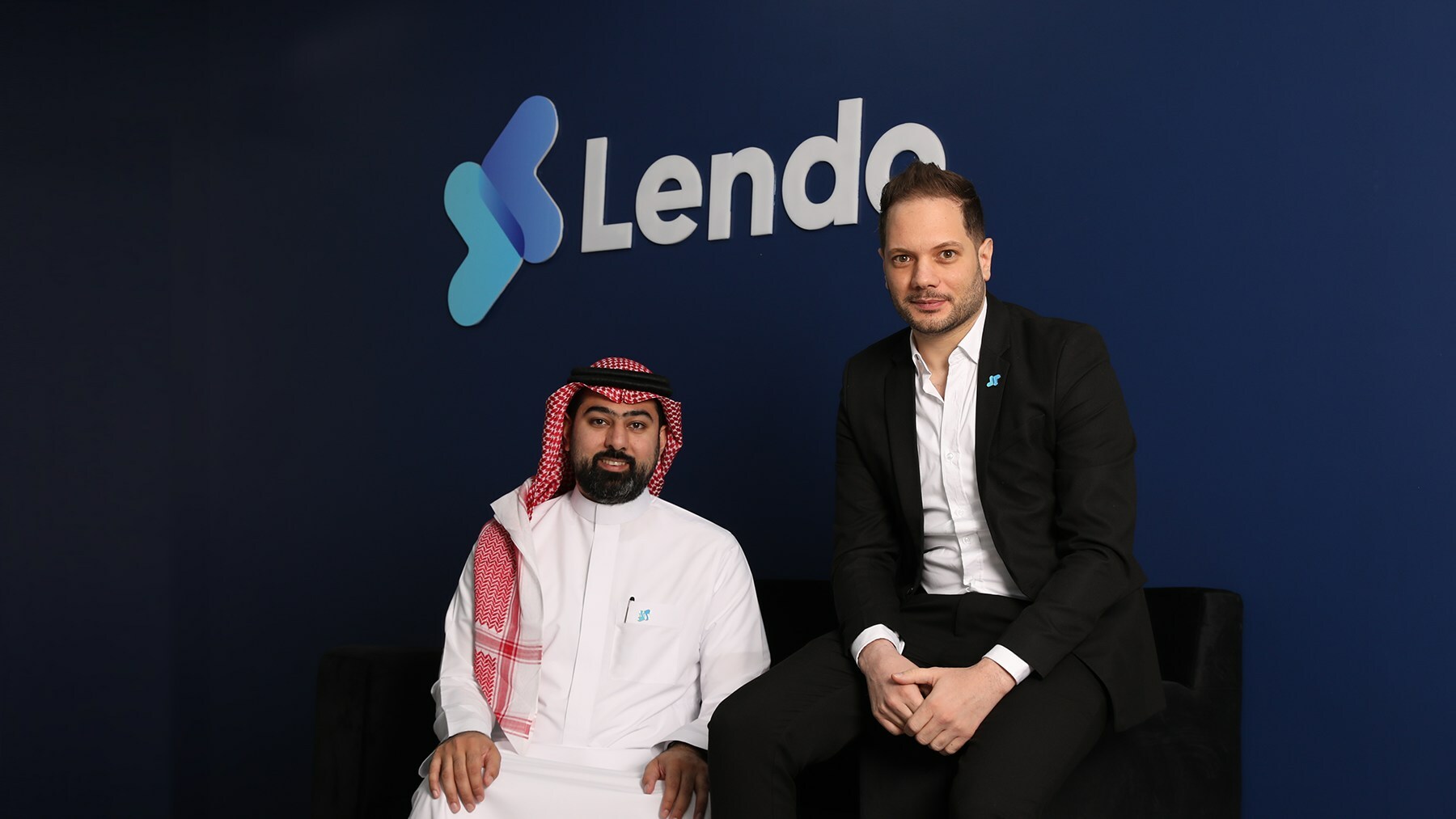
Lendo, a Saudi Arabia-based shariah-compliant debt crowdfunding marketplace, has raised SAR 105 million ($28 million) in Series B funding led by Sanabil Investments, a wholly-owned company by the Public Investment Fund ("PIF"). The round saw participation from Shorooq Partners, AB Ventures and other investors.
Lendo is a shariah-compliant, debt crowdfunding marketplace that helps pre-finance outstanding invoices for businesses in Saudi Arabia. The platform is a community of creditworthy borrowers and sophisticated investors looking for alternative investments. The platform is licensed by the Saudi Central Bank (SAMA). Lendo will use the funds to support its fast-growing customer base in Saudi Arabia which has grown 3X year-on-year, introduce more innovative financing products, and accelerate market expansion plans.
"With this funding round, we are going to expand into new markets, support new and current customers and launch new Shariah-compliant products, all the while continuing to innovate the marketplace for digital lending. We are going to make financial services more accessible, affordable, and inclusive for everyone. I am excited to see what the future holds for our company," said Osama Alraee, CEO, and co-founder of Lendo, who also disclosed its plans for an IPO within the next few years.
Alraee has also expressed his gratitude to SAMA (Saudi Central Bank), Fintech Saudi, MCIT, Misk, and Monshaat for their unwavering support, emphasizing the pivotal role they have played in advancing financial inclusivity and fostering innovation in partnership with Lendo to reshape the financial landscape. Their dedicated efforts in advancing financial inclusivity and fostering innovation have been invaluable to us. We greatly appreciate their partnership in our mission to transform the financial landscape.
"The growing demand for alternative, agile, and accessible lending solutions presents a significant opportunity. At Lendo, we are well-positioned to lead the charge in promoting financial inclusion not only in Saudi Arabia but also beyond. By fueling SME growth, we aim to contribute to the realization of Saudi Arabia's Vision 2030 economic goals and to create a ripple effect of opportunity throughout the MENA region," said Mohamed Jawabri, COO, and co-Founder of Lendo.
Related News
- 04:00 am
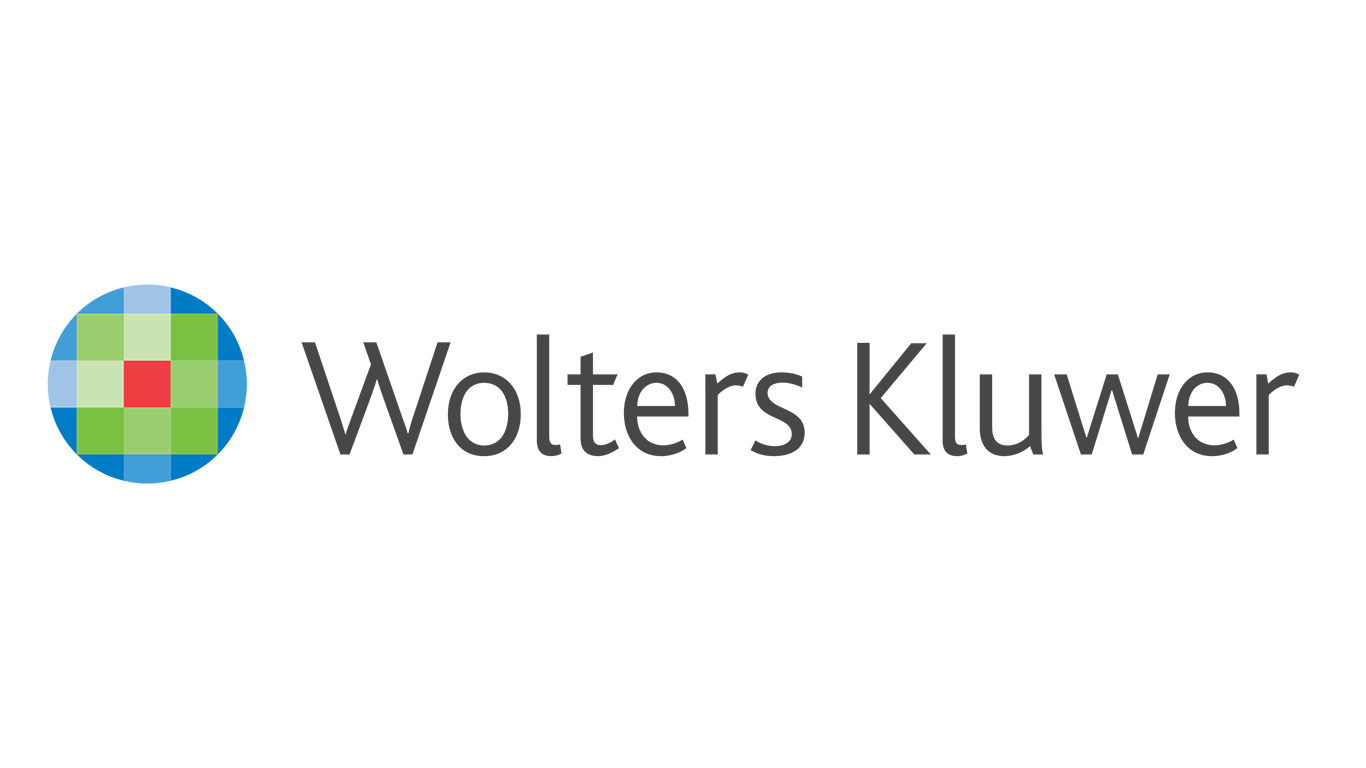
A notable increase in concerns over risk management and regulatory compliance issues headlines key challenges facing U.S. banks, credit unions and other lenders, according to the results of the 2023 Regulatory & Risk Management Indicator survey conducted by Wolters Kluwer Compliance Solutions. The 2023 Indicator Main Score rose from an index level of 94 in the 2022 survey results to 119 this year, a 25-point index increase. Notably the survey results underscore the increasing role of technology in managing workflows, recordkeeping, and regulatory change management. 69% of respondents identify technology as a crucial factor in addressing these challenges, marking a seven percent increase from the 2022 survey. Speed (44%) and analysis (38%) are identified as the most important aspects of automation.
The primary contributors to this surge in the indicator score include a three-fold increase in the dollar amount of regulatory fines imposed over the past 12 months, moving from $1.3 billion for the 2022 survey period to $3.9 billion this year. Compliance-related hurdles, such as perceived heightened scrutiny of fair lending practices, continued reliance on manual processes, and competing business priorities further compound the challenges faced by financial institutions.
The concerns shared in this year’s survey responses also come against a backdrop of major regulatory changes that include the finalization of new, updated Community Reinvestment Act (CRA) rules and the small business data collection and reporting regulations issued under Section 1071 of the Dodd Frank Act.
“Lenders have faced many headwinds recently, from the turmoil generated earlier this year by a few but significant bank closures, to the interest rate environment and the effects of inflation, leading to 30-year fixed-rate mortgages in the U.S. reaching rates of 8%—their highest in more than two decades,” said Tim Burniston, Senior Advisor, Regulatory Strategy, for Wolters Kluwer Compliance Solutions.
Looking ahead, respondents anticipate increased investment in managing new or changed regulatory content (57%), updating compliance policies and procedures (45%), and improving quality assurance capabilities (41%) in their compliance management systems.
Environmental factors impacting enterprise risk planning include heightened concerns about interest rate increases (74%) and ransomware attacks (65%). Inflation worries (54%) and recession fears (47%) have declined somewhat from the previous year. Survey respondents also express skepticism about a reduction in regulatory burdens over the next two years, with 58% considering it very unlikely and 17% somewhat unlikely.
The survey was conducted from July 20 to September 11, 2023. Now in its eleventh year, the Indicator remains a vital tool for gauging the pulse of the U.S. banking industry, offering insights into regulatory and risk concerns, anticipated impacts, and ongoing risk management efforts.
Related News
- 04:00 am
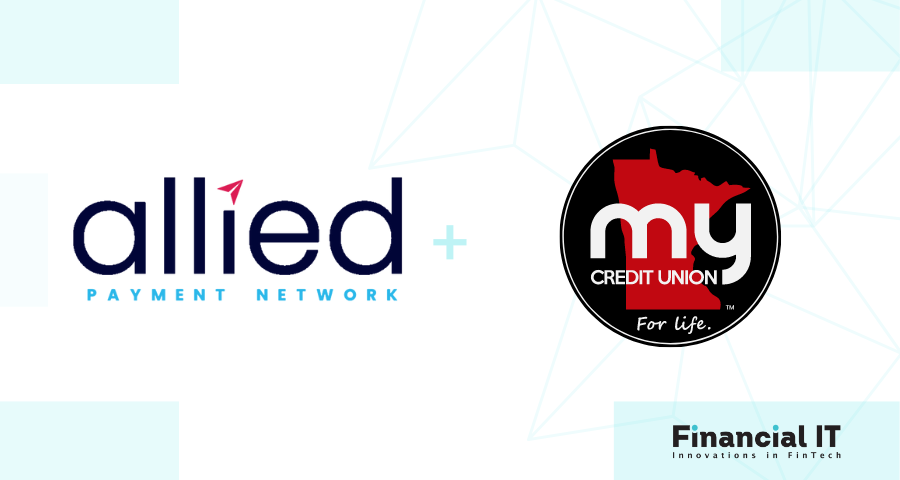
Allied Payment Network, Inc. (Allied), the industry leader in real-time, open-network payment solutions to banks and credit unions, today announced its partnership with MY CREDIT UNION. Allied’s payment solutions will integrate with the credit union’s Ultracs digital banking platform.
Based in Bloomington, Minnesota, MY CREDIT UNION’s mission is to provide financial solutions that educate, empower, and engage its members and communities. This aligns closely with Allied’s mission to help position financial institutions as the heart of the communities they serve. The industry’s “most connected” payments partner, Allied is the expert in real-time money movement and continues to build a more flexible and open payments solution.
“Allied, like MY CREDIT UNION, is a community-focused organization,” said MY CREDIT UNION President Greg Worthen. “That fact, coupled with a robust suite of payment solutions, made this an easy decision. With the combination of two state-of-the-art platforms like Ultracs and Allied, we’re confident we’ll be able to give our members the superior mobile-first experience they expect. We look forward to the value this relationship will bring to our members and communities.”
Operating with the philosophy “moving money matters,” Allied provides financial institutions of all sizes with world-class payment tools that help them capture new members and unlock revenue opportunities. In the last year, Allied has added more than 50 new financial institution clients and now partners with nearly 500 financial institutions across the country. Allied processed over $3.6 billion in payments last year alone and expects to surpass those numbers this year.
Jeff Harper, Chief Revenue Officer of Allied, adds, “We’re honored to partner with MY CREDIT UNION. Financial institutions of all sizes trust us because our products are innovative, easily integrated, highly scalable, and supported by exceptional customer service. We look forward to facilitating their members’ money-movement needs and to a long, successful partnership.”
“Financial institutions like MY CREDIT UNION serve a critical role in their communities. Their members aren’t just numbers; they’re neighbors and friends,” said Allied CEO Geoff Knapp. “They are allies for their community and we’re proud to be an ally for them. We look forward to working with MY CREDIT UNION and helping them further their mission.”
Related News
- 05:00 am
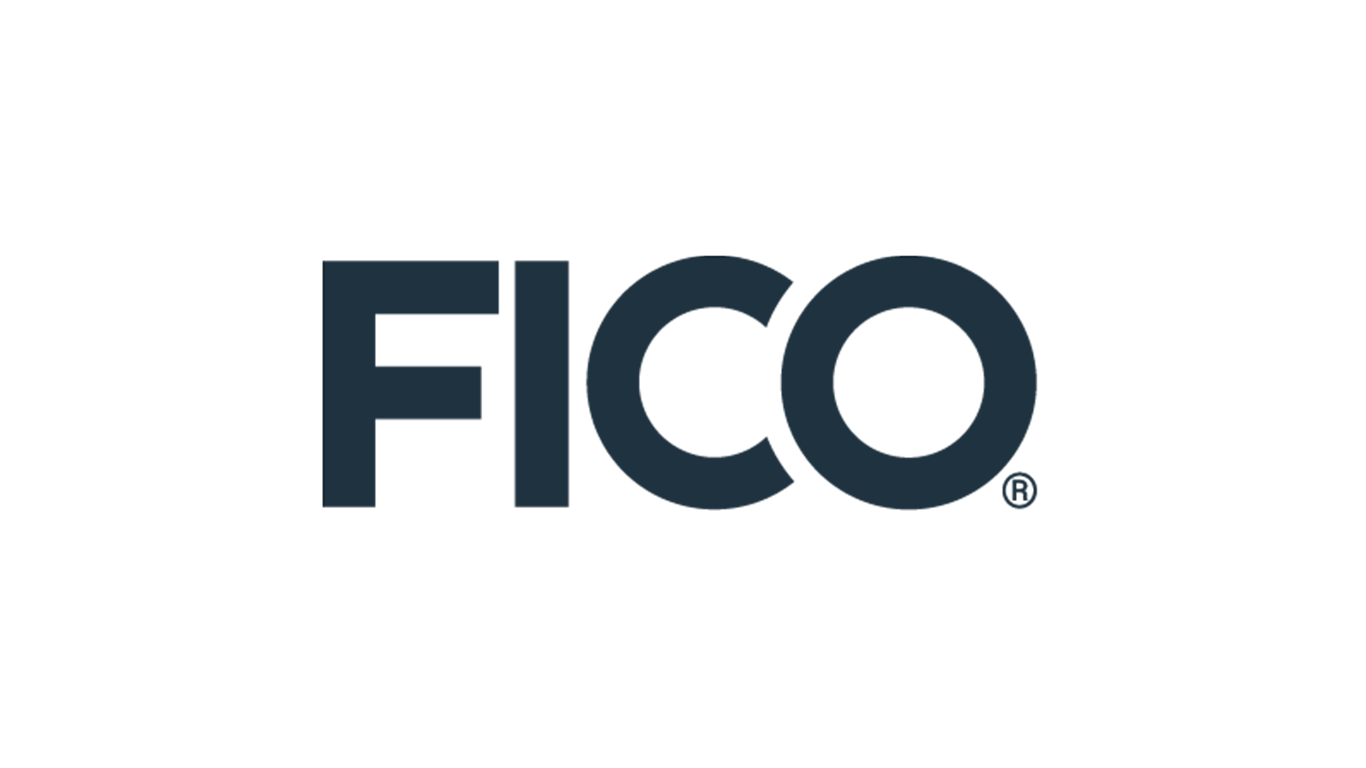
Having become more readily available, generative AI has captured the public’s attention and sparked concerns around its accuracy and bias. Global analytics software leader FICO is highlighting that all data is biased, and when it is used to build AI appropriate interpretable machine learning, algorithms and guardrails need to be employed.
“As the power of generative AI has become increasingly available to everyone, and increasingly popular, responsible usage concerns have also increased,” commented Dr. Scott Zoldi, Chief Analytics Officer at FICO, who has authored more than 130 patents related to AI and machine learning. “AI relies on data, and all data should be considered dangerous. This means that AI models need to be interpretable and inspected and continually monitored for bias. We cannot blindly apply AI to data and assume the AI is safe to use for important operations.”
When developing and building new models, Zoldi said businesses should assume that all data is biased, dangerous and a liability. This perspective requires deep inspection into models developed, and in particular using interpretable machine learning, which allows the business to understand what the model has learned, judge whether it is a valid tool, and then to apply that tool.
“It is vital that machine learning models are not built naively on data — you must assume all data contains a variety of biases that could be learned by the machine learning model,” Zoldi said. “If such models are deployed, they will systematically reapply biases in the models used in making decisions. Organisations need to understand and take responsibility for the fact that they are deploying human-in-the-loop machine learning development processes that are interpretable. Businesses cannot hide behind the black box, but instead must use transparent technologies that allow concrete demonstration that these models are not causing a disparate impact or discrimination towards one group versus another.”
A recent FICO survey carried out with Corinium showed that just 8% of organisations have even codified AI development standards. In the future, consumers will need to be able to ask whether organisations using AI have defined model development standards – in the same way that they currently have expectations around how their data is being used and protected. Consumers and businesses alike also need to understand that all AI makes mistakes. Governance of their use includes an ability to challenge the model and leverage auditability to challenge key data used to make decisions about a consumer. In a similar way to how consumers provide consent to share their data for specific purpose, they should also have some knowledge of what different AI techniques a financial institution is using to challenge the model, and this requires built-in transparency.
Scott Zoldi continued: “If you think about machine learning as a tool, rather than a magic box, you will have a very different mentality, which is based on needing to understand how the tool works and how differences in data inputs impact that tool. This leads us to choose to use technologies that are transparent. It will take time, but the more conversations we have about interpretable machine learning technologies, the more organisations can start to demonstrate that they meet the necessary model transparency and governance principles, and the more customer confidence will improve. What is fundamental to this is ensuring that models are being built properly and safely, and not creating bias. This is what will start to establish trust.”
Related News
- 07:00 am

Nebeus, a financial platform renowned for its cryptocurrency services and registered with the Bank of Spain, is expanding its reach into the payments market with the launch of Nebeus Nomad Accounts. Tailored to the unique needs of digital nomads and marketplaces that link freelancers with job prospects, the all-encompassing app merges multi-currency mass-payouts, virtual IBANs, cryptocurrency services, and globally issued debit cards. This innovative financial solution is designed to empower users across the globe, providing them with the tools they need to get paid and monetize their skills and expertise not dependent on their location.
This aligns with the current trend where more than 50 countries provide digital nomad visas, catering to the needs of the expanding community of 35 million digital nomads globally amid the increasing popularity of remote work.
Driving Global Financial Empowerment:
For Individuals: From payment collection to efficient transaction management and easy invoice generation, Nebeus Nomad Accounts are designed to streamline day-to-day financial operations.
For Marketplaces: Nebeus Nomad Accounts offer marketplaces a valuable tool with a focus on efficiency. The API functionality allows for mass-payouts in various currencies, consolidating payments, cards, and crypto through one convenient dashboard. This feature streamlines the payout process, making it seamless and convenient for marketplaces to connect with remote workers and contractors.
With global outreach, Nebeus services empower freelancers to manage their finances from anywhere in the world. Supporting multi-currency transactions, these accounts facilitate international collaborations while minimising financial complexities, mitigating unfavourable exchange rates and minimizing delays utilizing cryptocurrency's strengths.
This global financial solution is particularly pertinent for users in Latin America, providing an alternative amidst hyperinflation concerns by allowing users to earn in more stable currencies.
Nebeus' Commitment to Financial Inclusion
At the core of Nebeus' visionary repositioning is the belief that access to financial services is a fundamental human right. The company envisions a world where everyone, regardless of their location or passport colour, should be able to monetize their skills and talents. Nebeus is dedicated to enabling talent worldwide, making the management of money secure, simple, affordable, and fully compliant.
In a defining moment for Nebeus, Co-founder & CEO Sergey Romanosvskiy remarked, "Nebeus Nomad Accounts signify a strategic leap in our brand repositioning, epitomizing our commitment to providing versatile financial solutions with crypto as one of the payment tools. This launch encapsulates our brand's evolution, aligning with the dynamic needs of the modern workforce. As we redefine the Nebeus experience, Nomad Accounts embody adaptability and user-centricity, offering seamless integration with the dynamic work lives of freelancers and marketplaces, regardless of location.”
Moreover, Nebeus reassures users of the highest security standards. The company is proudly registered with the Bank of Spain, ensuring regulatory compliance and reinforcing trust in financial transactions conducted through its platform.
Related News
- 03:00 am

FIS®, a global leader in financial services technology, has conducted new consumer research into the extent to which people understand and trust generative artificial intelligence (GenAI), as well as their attitudes towards the emerging technology’s role in personal finance and banking.
GenAI is a form of artificial intelligence designed to create new content (e.g. text, images, code) based on provided input or prompts. It has captured the world’s attention over the past 18 months with widely perceived potential to transform how we live and work. Further, global spending on AI-centric systems is expected to surpass $300 billion USD in 2026, with banking being one of the two industries that will deliver the largest AI investments.[1]
Consumers are AI-Curious
According to FIS’ Trust in Generative AI research, almost one-third (30%) of UK consumers said they do not trust GenAI at all. This sentiment increases for older age groups, with 44% of Boomers expressing a total lack of trust, compared to 30% of Gen X, 21% of Millennials, and just 12% of the Gen Z consumers in the study.
For those respondents with little or no trust in the technology, the most important factor in increasing their trust is more transparency into how data is used (66%), the introduction of regulation or legislation at government level (62%), as well as knowing there is a human overseeing the technology (61%).
On the other hand, 39% of UK consumers expressed curiosity about GenAI, signaling an openness to learn more. The research suggests that more education is needed, with 42% of consumers admitting they do not currently know how to use this technology.
In fact, people in the UK have had the least amount of exposure and experience of AI globally. Just 43% of respondents in the UK have had experience with AI compared to 45% in Australia, 50% in the US, 64% in Singapore and 79% in India Nearly half (48%) of consumers in the study said they are learning about GenAI through social media, compared to just 23% saying they have personal experience through their online activities.
There’s a Banking Blindspot
The study also asked participants about the role of GenAI in financial services. It found that almost three quarters (74%) of UK consumers have no idea if their bank uses the technology within its operations.
50% of respondents in the study expressed that they would be either somewhat, very, or extremely comfortable with their bank using GenAI, while the other 50% expressed varying levels of discomfort. However, a quarter (25%) would be less likely to continue to use their bank if they knew it was deploying the technology.
Silvia Mensdorff-Pouilly, Senior Vice President and General Manager of Banking and Payments EMEA at FIS commented, “Although still in its infancy, GenAI is already being deployed across a number of use cases in financial services—for example, to power customer service chatbots and to detect fraud. In fact, around half of financial institutions in the UK are already using some form of GenAI in their operations, showing that consumers may be unaware of how GenAI is embedded in many of the financial services they’re already using. As leaders in the financial technology space, FIS is committed to the responsible use of GenAI as we seek to build trust in these exciting advancements.”
Turning the Tide on Trust
The research also found that more than half (57%) of UK consumers surveyed would not be interested in using a GenAI-powered application or service for financial tasks such as completing their tax return or planning their finances if one became available in the future. Of the remaining 43% of respondents who would be interested in using such an application or service for financial tasks, the most compelling factors are that the technology would save them time (53%) and that it would be more cost-effective than using a human financial service professional (40%).
Mensdorff-Pouilly concluded, “When mobile phones were first introduced, many consumers thought they didn’t want or need one. If we fast forward to today, that technology has not only been accepted, but it’s transformed our society—we now couldn’t imagine life without these devices. We will likely see the same with GenAI over the next few years as the technology matures and more use cases are identified. Financial institutions have an opportunity to educate their customers on how they are embracing innovation with this new technology. Crucially, they must be transparent about how they are using data if they are to succeed in winning trust.”
Related News
- 01:00 am
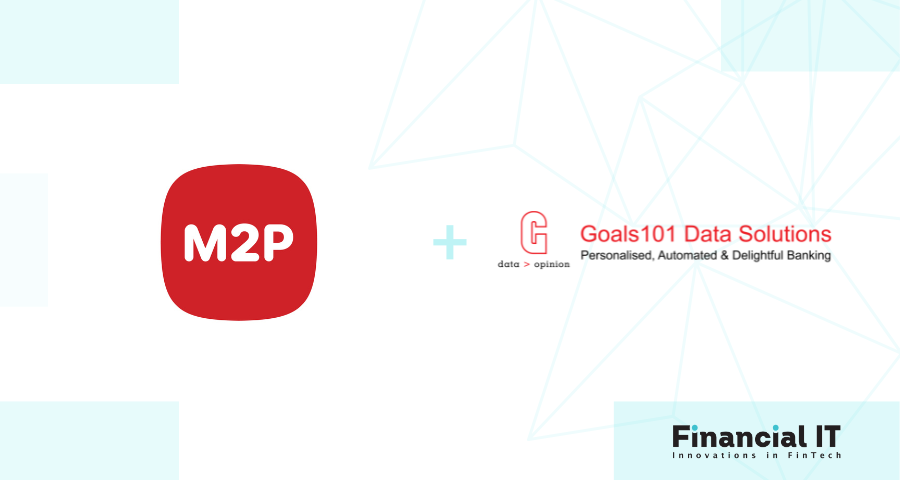
M2P Fintech, Asia’s largest Digital Banking Infrastructure company that powers the digital ambitions of banks, lenders, fintech and other financial services players today announced the multi-million-dollar acquisition of Goals101, the leader in Transaction Behavioural Intelligence (TBI) in India and other geographies. Goals101, the 7-year-old company, renowned for its expertise in Transaction Behavioural Intelligence, has developed a Platform that runs on advanced algorithms and analytics tools that provide invaluable insights into consumer transaction patterns and orchestrates actionables. This acquisition empowers M2P Fintech to leverage Goals101's technology and integrate it seamlessly into its existing suite of financial services. By combining M2P's robust fintech infrastructure with Goals101's state-of-the-art analytics, the companies aim to revolutionize the way financial transactions are understood and optimized.
The proprietary technology built to serve data intelligence by leveraging the best of Artificial Intelligence and Machine Learning allows financial institutions to gather insights into their data that can be tailored to accelerate their business growth. The multi award winning platform enables real time, contextual intelligence that empowers financial institutions to have a well-rounded data platform that covers all aspects of customer journey including driving customer engagement, increasing spends thereby larger share of wallet, cross sell as well as up-selling of new products, lifecycle interventions, addressing customer inactivity and predictive tools to reduce attrition.
This acquisition will act as a catalyst for M2P to bring in a high degree of personalization in its digital banking products to its customers. Post the acquisition, the Goals101 team will continue to work on rolling out new data capabilities, leveraging its big data platform to create more facets of personalization in financial products for customers across the world. Goals101 already works with leading payment networks and banks across multiple geographies across India, MENA and South East Asia, as an example Goals101 works with many large banks in India and leading Payment Networks internationally to build insights to drive higher spends from set of merchants through its Merchant connect platform. Goals101 is also working with the leader in Digital Payment in India to help drive Credit and Debit Card interventions to drive better outcomes with speed, relevance and delivering customer delight.
Goals101 was co-founded by industry veterans including Visham Sikand (HBS Alum who has launched multiple big scale businesses including Plat5 & Indian Health Organization which was acquired by Aetna Inc, USA), Milan Naik, Anshuman Pandey, Ishank Joshi & Anupam Bhat. During the course of operations Shivam Maheshwari and Nikhil Raj were elevated as Co-Founders.
Madhusudanan R, Co-Founder and CEO of M2P Fintech, commented, “The global banking technology space is undergoing a tectonic shift with respect to leveraging data and AI in the most prominent areas like Customer service, Product and Portfolio management, Risk and compliance. It is imminent that data intelligence will make the ‘new oil’ refine insights that are actionable and can deliver outcomes. At M2P Fintech we are committed to bring together capabilities that will deliver a holistic next generation banking experience for our customers and Goals101 is a big leap in our ambitions to deliver cutting edge data capabilities. We are certain that Visham, Milan and the broader team at Goals101 will build on the leadership they have created and can leverage the synergies accruing on top of our platform.
Visham Sikand, who will take up a Leadership role at M2P Fintech and continue building on the vision of Goals101 said, “Have always been excited to build a disruptive and innovative business model with each of my startups. Goals101 was set on the same ethos wherein we wanted to lead the digital transformation journey for banks using transaction behavioural intelligence tools & automation. It’s a win-win for the bank, merchant and end customer. M2P Fintech’s product suite, innovation led culture and leadership team excited us to join hands. We believe in product scalability and with M2P, and our pathbreaking data-led tech stack, we’re excited about what we can do in the global space. I would like to express my gratitude to all investors, business partners, advisors and my team who pioneered this journey”.
Milan Naik, Co-founder at Goals101 added “The deep strategic and product alignment between Goals101 and M2P makes this partnership meaningful. For me personally, nothing could be more exciting than to have the first entrepreneurial venture getting acquired by an Industry leader like M2P. With M2P, I see Goals101 growing exponentially in the years to come”.
Sameer Brij Verma of Nexus Venture Partner adds “Goals101 brought a very fresh approach to banking, where their focus was on customer-centricity but led purely via data and technology. I fondly remember how we closed the term sheet within hours of meeting the company. I would also like to reiterate the value of running strong foundation and sustainable companies. Goals101 is a great example of this wherein the founders set examples around how to run companies on strong value systems and team spirit. We believe M2P and Goals101 together make a very formidable combination and are excited to join hands with M2P and become a part of their journey”.









